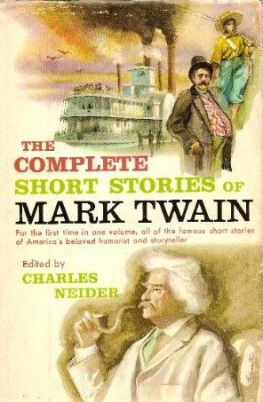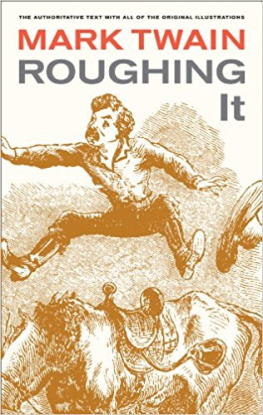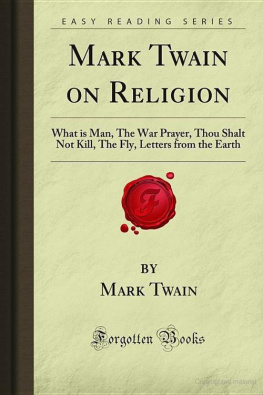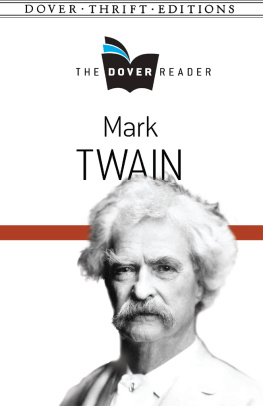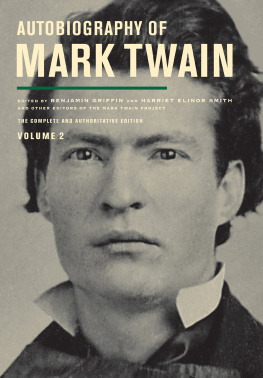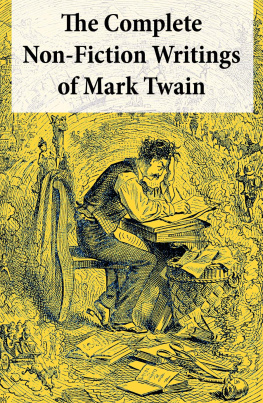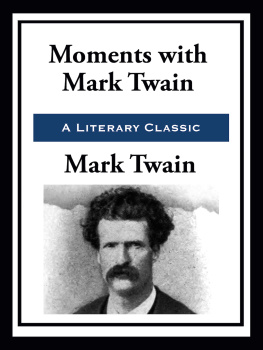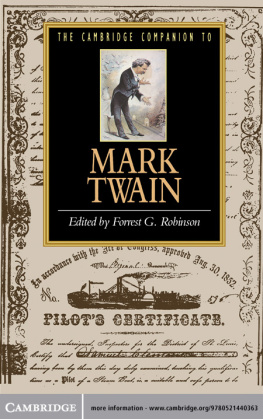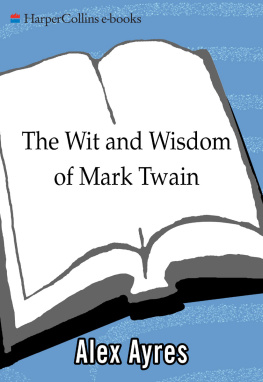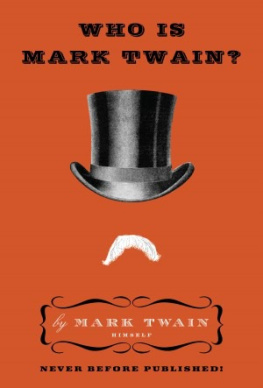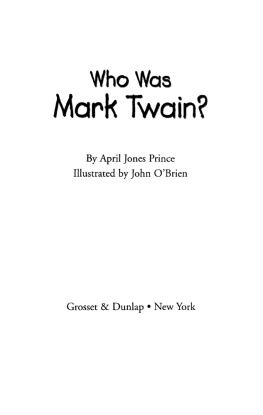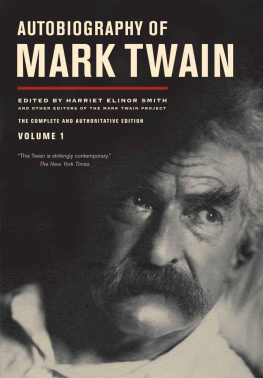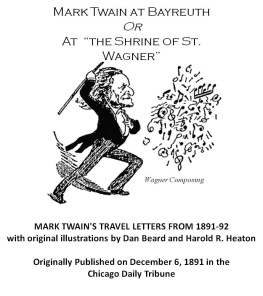Mark Twain - The Gilded Age
Here you can read online Mark Twain - The Gilded Age full text of the book (entire story) in english for free. Download pdf and epub, get meaning, cover and reviews about this ebook. year: 2006, publisher: Random House Publishing Group, genre: Detective and thriller. Description of the work, (preface) as well as reviews are available. Best literature library LitArk.com created for fans of good reading and offers a wide selection of genres:
Romance novel
Science fiction
Adventure
Detective
Science
History
Home and family
Prose
Art
Politics
Computer
Non-fiction
Religion
Business
Children
Humor
Choose a favorite category and find really read worthwhile books. Enjoy immersion in the world of imagination, feel the emotions of the characters or learn something new for yourself, make an fascinating discovery.

- Book:The Gilded Age
- Author:
- Publisher:Random House Publishing Group
- Genre:
- Year:2006
- Rating:4 / 5
- Favourites:Add to favourites
- Your mark:
- 80
- 1
- 2
- 3
- 4
- 5
The Gilded Age: summary, description and annotation
We offer to read an annotation, description, summary or preface (depends on what the author of the book "The Gilded Age" wrote himself). If you haven't found the necessary information about the book — write in the comments, we will try to find it.
The Gilded Age — read online for free the complete book (whole text) full work
Below is the text of the book, divided by pages. System saving the place of the last page read, allows you to conveniently read the book "The Gilded Age" online for free, without having to search again every time where you left off. Put a bookmark, and you can go to the page where you finished reading at any time.
Font size:
Interval:
Bookmark:
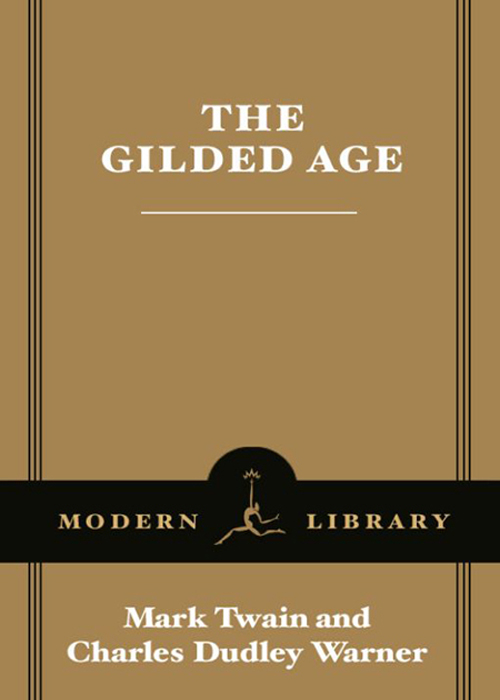

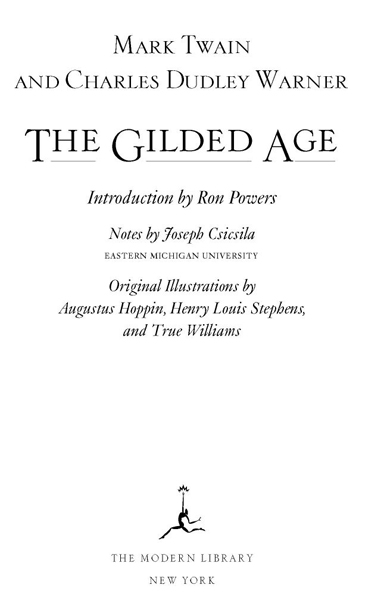
Table of Contents
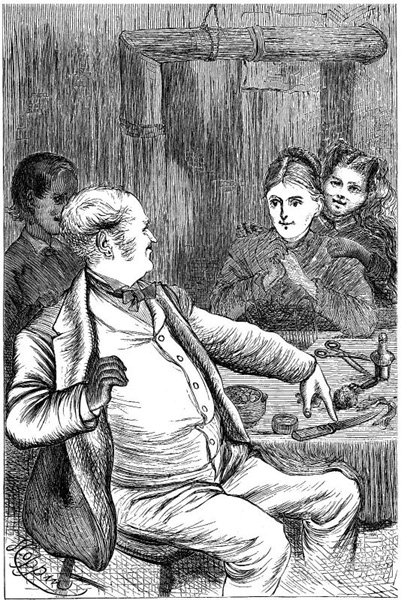
Colonel Sellers Feeding His Family on Expectations.
CHARLES DUDLEY WARNER
Charles Dudley Warners literary fame today rests almost entirely on his collaboration with Mark Twain on the novel The Gilded Age (1873). In his own lifetime, Warner was highly respected as a critic and essayist, and only to a lesser degree as a writer of fiction. That said, the highlight of his career came near the end of his life with the production of a trilogy of novels, A Little Journey in the World (1889), The Golden House (1894), and That Fortune (1899), which trace the economic rise and fall of an American everyman.
Warner was born the son of Sylvia Hitchcock and Justus Warner on a farm near Plainfield, Massachusetts, on September 12, 1829. He enjoyed a simple and relatively tranquil early childhood. But at the age of five his father died, and despite his mothers attempts to keep the family together Warner was sent off three years later to live with a relative in the neighboring town of Charlemont, Massachusetts. By the time Warner had turned twelve, he was reunited with his mother and they, along with Warners younger brother, moved to Cazenovia, New York, to live with an uncle on his mothers side. Soon after, Warner was enrolled in the nearby Oneida Conference Seminary, a renowned Methodist preparatory school. In 1848 he was admitted to Hamilton College as a sophomore and graduated three years later.
After taking employment performing various odd jobs in a bookstore and as a printer, in 1853 Warner joined a railroad surveying expedition to Missouri. Warner had suffered from poor health since childhood and his doctors recommended outdoor life as a tonic. After two years out west Warners physical condition greatly improved and he returned east in 1855, moved in with an uncle, and prepared to study law. In 1856 he married Susan Lee of New York City, a former classmate at the Methodist seminary. The young couple lived with a friend while Warner studied law at the University of Pennsylvania, taking his LL.B. in 1858. The Warners moved to Chicago for two years, where Charles formed a law practice with a friend. In 1860 Warner moved his family back east to accept the lucrative and influential position of associate editor of the Hartford Evening Press, which in 1867 would merge with the Hartford Courant. Warner assumed full editorial responsibilities for the paper in 1861 after its chief editor joined the Union army at the outbreak of the Civil War.
Once in Hartford, Warner became a close acquaintance of several prominent nineteenth-century American literary figures, including Mark Twain, William Dean Howells, and Harriet Beecher Stowe. As a neighbor of Twains in the citys Nook Farm Community, their two families grew especially close, and it was through this relationship that the idea for a collaborative novel was born. But The Gilded Age was not Warners first book. Three years prior, he collected a number of agricultural essays he had written for the Courant in a volume titled MySummer in a Garden (1870). His second book, Saunterings (1872), is an account of his yearlong travels through Europe in 1868.
Warners next collection of essays, Backlog Studies (1873), consisted of articles he had published in Scribners Magazine. This book perhaps best represents the brand of social and literary criticism Warner would become known for in the late nineteenth century. The topics he covers in this volume include the breakdown of the family, the blurring of cultural distinctions between men and women, the problem of sensational fiction, and the proper role of the literary critic. In 1881, he made perhaps his most significant contribution to literary criticism as an author in the distinguished American Men of Letters Series. Warners biography of Washington Irving was the first volume published in the series and it helped set a standard for the critical evaluation of American authors that would last for years.
During the 1880s and 90s Warner traveled extensively throughout the United States and Europe and documented those journeys in numerous travel books such as Our Roundabout Journey (1883); On Horseback: A Tour in Virginia, North Carolina, and Tennessee, with Notes on Travelin Mexico and California (1888); and Our Italy: Southern California (1891). Reflecting to a certain extent his growing reputation as a literary critic, Warner was invited to join the editorial staff of Harpers Magazine in 1884. Eight years later, in 1892, Warner took over the responsibility of contributing essays to the magazines celebrated The Editors Study, an editorial column made internationally famous by William Dean Howells in the 1880s.
Throughout his adult life Warner thought deeply and wrote sensitively about late-nineteenth-century American culture. But his attention extended far beyond a general concern for the material excesses of the Gilded Age that he criticized in his best fiction. He also participated actively in many of the social movements of his day, including prison reform, civic improvement, and various interests for the public good. In addition, Warner served as the first president of the National Institute of Arts and Letters and was involved in a handful of other national societies and organizations. Charles Dudley Warner died on October 20, 1900, at the age of seventy-one, at his home in Hartford.
A NOTE ON THE TEXT AND ILLUSTRATIONS
In this Modern Library Paperback Classic edition of The Gilded Age, the text by Mark Twain and Charles Dudley Warner, and the selected illustrations by Augustus Hoppin, Henry Louis Stephens, and True Williams are based on the first American edition, published by the American Publishing Company in 1873.
EDITORS NOTE:
For a translation of the Chinese epigraph on the facing page as well as
translations of the chapter-head mottoes.

PREFACE
This book was not written for private circulation among friends; it was not written to cheer and instruct a diseased relative of the authors; it was not thrown off during intervals of wearing labor to amuse an idle hour. It was not written for any of these reasons, and therefore it is submitted without the usual apologies.
It will be seen that it deals with an entirely ideal state of society; and the chief embarrassment of the writers in this realm of the imagination has been the want of illustrative examples. In a State where there is no fever of speculation, no inflamed desire for sudden wealth, where the poor are all simple-minded and contented, and the rich are all honest and generous, where society is in a condition of primitive purity and politics is the occupation of only the capable and the patriotic, there are necessarily no materials for such a history as we have constructed out of an ideal commonwealth.
No apology is needed for following the learned custom of placing attractive scraps of literature at the heads of our chapters. It has been truly observed by Wagner that such headings, with their vague suggestions of the matter which is to follow them, pleasantly inflame the readers interest without wholly satisfying his curiosity, and we will hope that it may be found to be so in the present case.
Next pageFont size:
Interval:
Bookmark:
Similar books «The Gilded Age»
Look at similar books to The Gilded Age. We have selected literature similar in name and meaning in the hope of providing readers with more options to find new, interesting, not yet read works.
Discussion, reviews of the book The Gilded Age and just readers' own opinions. Leave your comments, write what you think about the work, its meaning or the main characters. Specify what exactly you liked and what you didn't like, and why you think so.

